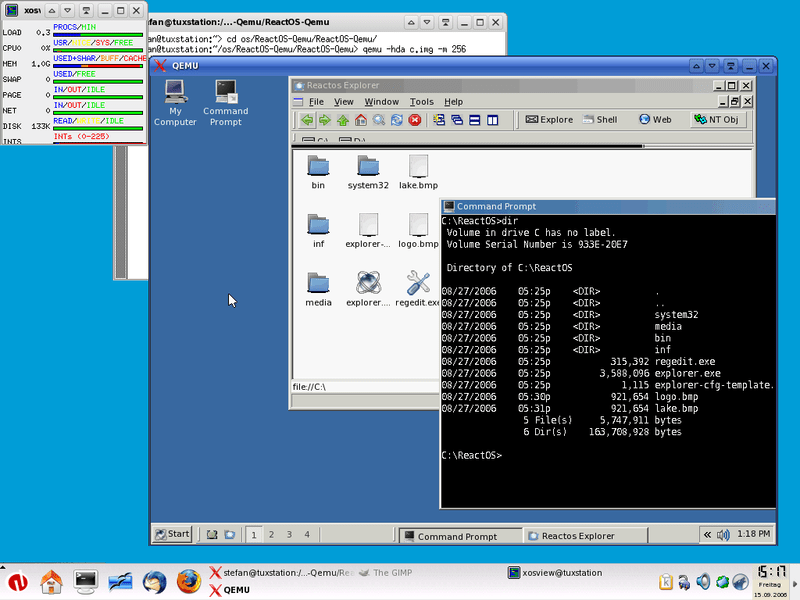This is mainly for my own reference, but here it goes.
- To run Mac apps on Linux, you’ll need some sort of virtual machine or translation layer. Run a macOS Virtual Machine (All Apps) The most reliable way to run Mac apps on Linux is through a virtual machine. With a free, open-source hypervisor application like VirtualBox, you can run macOS on a virtual device on your Linux machine.
- Before going into the details of Linux vs Mac OS article, I suggest you check out my previous article on Linux or Windows, Linux Mint vs. Ubuntu, and Debian vs. These set of comparison article will let you know various information about Linux and its various popular distros, and what makes the Linux or Windows better in their specific.
Win-install.cmd - patches VMware win-uninstall.cmd - restores VMware win-update-tools.cmd - retrieves latest macOS guest tools 5. Linux - On Linux you will need to be either root or use sudo to run the scripts. You may need to ensure the Linux scripts have execute permissions by running chmod +x against the 2 files.
1. Share a folder on the host OS

- In VirtualBox, click your OS on the left and click on Settings.
- Click on the Shared Folders tab.
- Click on the folder with the plus on the right.
- Browse to a folder of your choice in the folder path.
- Enter a folder name with no spaces e.g. “Share”.
- Check Auto-mount and Make Permanent, if available.
- Click on OK.
Mac Vm For Linux Mint


2. Mount the folder in the guest OS
Mac Vm For Linux Virtualbox
- Create a folder in your guest OS that you want to share.
- Open up Terminal.
- Type in
idand press ENTER— remember that ID. - Switch to the
rootuser usingsudo suand enter your password. - Browse to the
etcfolder usingcd /etc. - Edit the
rc.localfile usingvi rc.local. - Move your cursor right above
exit 0and press the letter “i” on your keyboard to insert text. - Type in the following:
sudo mount -t vboxsf -o uid=1000,gid=1000 Share /home/username/Documents/Share- 1000 should match the ID you noted down earlier.
- Share should match the folder name from step 1.
- username should match your Linux username.
- /Documents/Share should be the absolute path of the new folder you created.
- Now hit “ESC”, type
:wqand hit ENTER to save and quit the file editing.
Mac Vm For Linux Operating System
After you restart the guest OS, your shared folder will be automatically mounted.